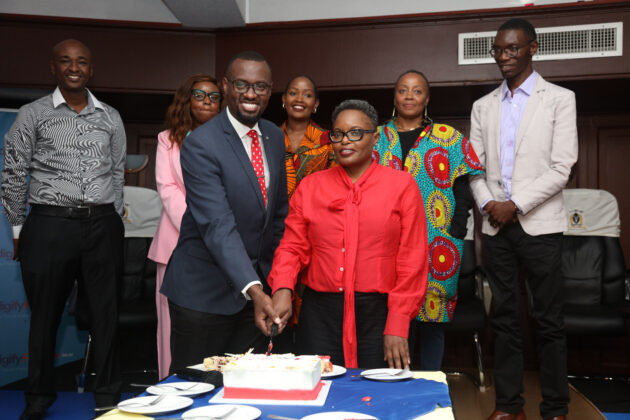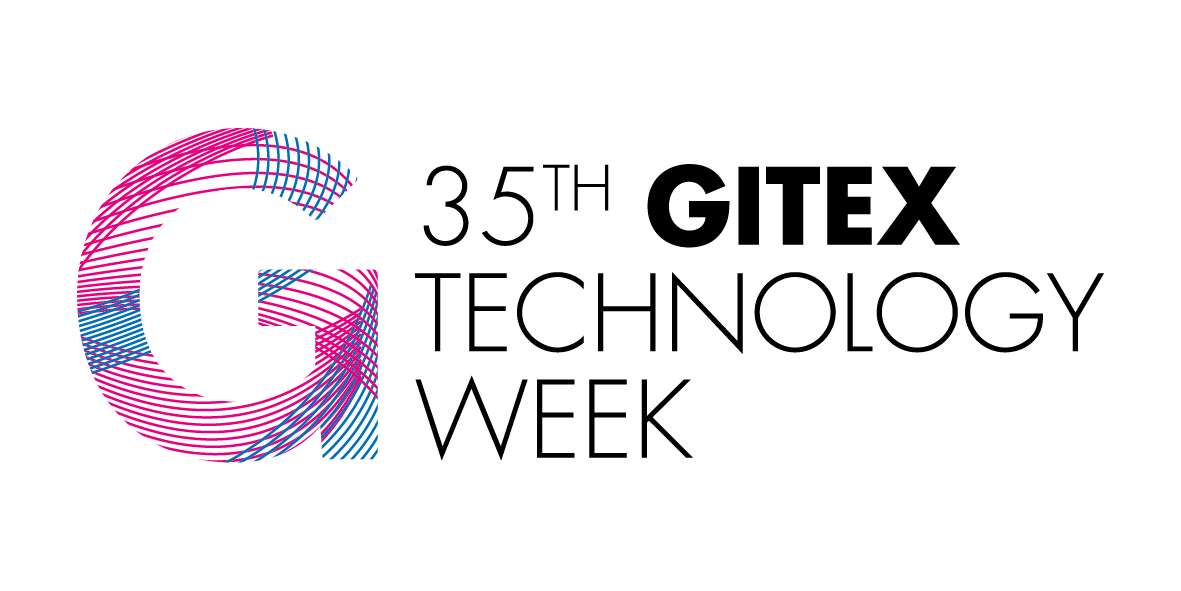FG Committed to Securing Nigeria’s Digital Economy in the Age of AI — DG NITDA

The Director General of National Information Technology Development Agency (NITDA), Kashifu Inuwa Abdullahi CCIE, has said that Nigeria is taking decisive steps to safeguard its digital future by strengthening cybersecurity, enhancing infrastructure, and building human capacity to harness the power of Artificial Intelligence (AI).
He stated this while delivering a keynote address titled ‘Securing Digital Economy: Strengthening Infrastructure and Harnessing the Power of Artificial Intelligence’ at the Cyber Nigeria Summit, organised by the Cybersecurity Experts Association of Nigeria (CSEAN).
Inuwa described the digital economy as the heartbeat of Nigeria’s development agenda, noting that while ICT contributes about 17 percent to the country’s GDP, digital technologies influence nearly every sector of the economy. The service sector alone, he said, accounts for about 58 percent of national output, demonstrating the deep integration of digital tools into everyday life.
He cautioned that the rise of AI has further transformed cybersecurity dynamics. While AI enhances productivity and innovation, it also equips cybercriminals with advanced tools to execute attacks with greater precision and scale. “
Cybercrime now costs the world over 10 trillion dollars annually, making it the most lucrative form of crime globally. The World Economic Forum ranks cybersecurity among the top five global threats, showing that our strategies must evolve beyond physical protection,” he said.
Inuwa noted that securing Nigeria’s digital economy begins with designing infrastructure that prioritises security from the foundation. Digital infrastructure, he said, now extends beyond servers and networks to include utilities, telecommunications, and even autonomous vehicles.
“If a hacker gains access to an autonomous car, the consequences could be disastrous,” he warned. He emphasised that AI systems depend on three critical elements: data, compute power, and algorithms, which must all be protected. “If any of these are compromised, the entire system becomes vulnerable.”
He also pointed out that human error remains the leading cause of cyber incidents worldwide, accounting for 90 to 95 percent of breaches. Despite two decades of global awareness efforts since Cybersecurity Awareness Month began in 2004, this figure has remained constant. “Cybercriminals exploit human weakness because it’s easier to manipulate behavior than to break through advanced systems,” he explained.
According to him, cybersecurity in Nigeria is built on four strategic pillars: governance, capacity building, incident management, and collaboration. Under the governance framework, the Nigerian Cybercrime Act provides the foundation for coordination and accountability. Recently amended to reflect emerging digital realities, the Act is complemented by a Presidential Executive Order designating critical digital information infrastructure as part of Nigeria’s national assets. “This milestone allows our cyberspace to be recognised and protected as a national highway,” he said.
On capacity building, Inuwa highlighted the growing global demand for cybersecurity professionals, with an estimated gap of 4.4 million workers worldwide and over 140,000 in Nigeria alone. He described this gap as an opportunity for national empowerment, given Nigeria’s youthful population. Through initiatives such as the 3 Million Tech Talent (3MTT) programme, the government aims to train Nigerians in 12 high-demand digital skills, including cybersecurity.
He further cited the Digital Literacy for All initiative and the National Digital Literacy Framework (NDLF), which target 95 percent digital literacy by 2030 and 70 percent by 2027. Starting next year, digital literacy, including cybersecurity, will be taught from kindergarten through tertiary institutions. This policy, he said, will nurture a digitally conscious and responsible generation.
The third pillar, incident management, focuses on rapid response and coordination. Inuwa revealed that the National Cybersecurity Coordination Centre (NCCC), established under the Office of the National Security Adviser, is now fully operational and coordinates responses to cyber incidents nationwide. Sectoral CERTs have also been established in key areas such as finance, communication, and law enforcement, ensuring a more unified national response.
He stressed that collaboration remains essential for success, as cybersecurity cannot be managed in isolation. Nigeria, he said, works closely with the African Union, Smart Africa, international CERTs, and major global technology companies to strengthen collective defense mechanisms.
The DG urged Nigerians to adopt good cyber hygiene, using strong passwords, enabling multi-factor authentication, and avoiding phishing scams. He also encouraged prompt reporting of cyberattacks, emphasising that transparency is vital for collective resilience.
In partnership with the Office of the National Security Adviser, NITDA is working to establish a National Cybersecurity Architecture that promotes accountability, information sharing, and unified national defense.







